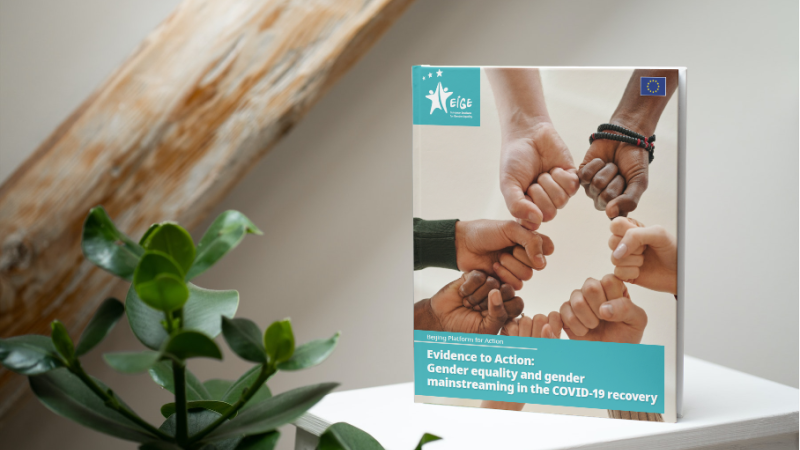PPMI starts a new project on gender-responsive evaluation in the EU
In 2023, PPMI will continue collaborating with the European Institute for Gender Equality (EIGE) to support its work on gender mainstreaming. PPMI will lead the delivery of a new study on ‘Gender-responsive evaluation for an environmental and sustainable future for all (GREENA)’. This project aims to advance gender-responsive evaluation in the EU as a tool to increase accountability for gender equality in the context of the EU Recovery and the green transition.
In a previous study commissioned in 2021-2022 by EIGE, PPMI explored the opportunities to conduct gender-responsive evaluations in the EU evaluation framework, having analysed the state of play of gender-responsive evaluation in the EU and its Member States as well as environmental and climate action in gender-responsive evaluation.
As part of this new project, PPMI will design and develop a step-by-step toolkit on gender-responsive and environmental evaluation in the EU. The toolkit will provide practical guidance to implement gender-responsive evaluations in the EU context. It will be particularly relevant for monitoring and assessing with a gender perspective the progress towards key EU priorities, such as the European Green Deal and the implementation of the Recovery and Resilience national plans. The toolkit’s target audience will include policymakers, policy officers and monitoring and evaluation officers in the EU.
Besides, the team at PPMI will prepare two standalone tools – one on gender-responsive strategic foresight in the context of impact assessment and evaluation, and another on gender equality and gender impacts. These two specific tools aim to promote and support gender mainstreaming within the EU evaluation framework and the Better Regulation.
PPMI will collaborate with RAND Europe and external experts in environmental evaluation and gender mainstreaming to complete this project.
Policies and policymaking, including evaluations, are not gender-neutral. On the contrary, how gender equality is framed or overlooked in policies has consequences. In this context, the adoption of a gender-responsive approach to evaluations can contribute to the design of better and more transparent interventions that adequately respond to the different needs and priorities of women and men, in all their diversity, contribute to a more efficient allocation of resources, lead to more gender-equal results and ultimately, advance gender equality.






